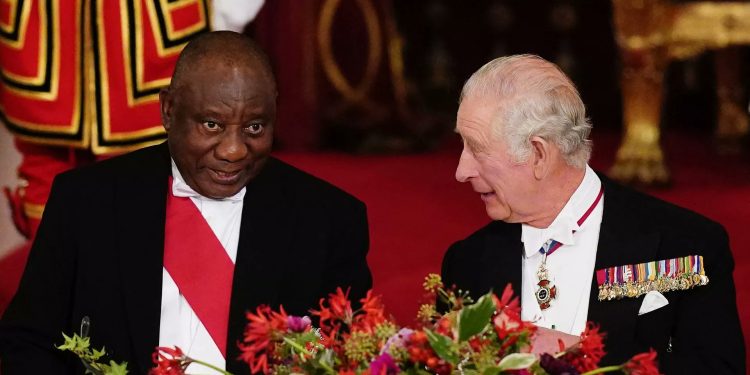The New Faces of an Old Enemy: From Cape Town to Cairo, the dream of African unity has been recited in speeches, sung in liberation songs, and written into treaties. Yet today, across parts of our continent, we see Africans turning against fellow Africans—not in a spirit of competition or healthy debate, but in the ugly, destructive form of xenophobia.
In South Africa, scenes of non-South African Africans being hounded out of hospitals, beaten in the streets, or driven from their businesses have shocked the continent. The irony is stark: many of the same nations whose citizens are now targeted once sheltered, armed, and bled for South Africa’s liberation. Entire families in Botswana, Mozambique, Angola, Zambia, and beyond were left without fathers, sons, or brothers because they fell in the fight against apartheid.
Was that fight to liberate South Africa for South Africans, or to liberate that part of Africa for Africans?
The answer, of course, is the latter. But the cancer of colonial thinking—carefully seeded through boundaries drawn on foreign maps and economic systems designed to breed inequality, and amplified through an education system that entrenches self-hate, self-disdain, and selfishness —threatens to turn our liberation into a mockery.
Colonialism’s Most Successful Trick – The Manufactured “Other”
Before colonialism, African societies were not organized around individualistic ownership of land or wealth. A man tilled land as a custodian for his community, not for personal profit. Children belonged to the extended family and clan, not to a nuclear household. One’s identity was anchored in the community and defined in kinship terms—so-and-so, son of so-and-so, of the clan of such-and-such. Tribal battles were short-lived and had a low impact, often leading to further assimilation of tribes through the adoption of sons and daughters and through marriage. Conflicts were the typical hiccups found among siblings, not of the deeply entrenched xenophobic scale seen during and after colonialism.
Also Read: Trump Govt Calls for Emergency UN Security Council Meeting Over DRC
Colonial powers knew that a united Africa—rooted in communal solidarity—would be impossible to conquer. Their solution was a masterstroke of manipulation: divide the continent into artificial states, draw borders without regard for shared histories or cultures, privatize land, and sow a mentality of ownership and exclusion.
Where once land and resources were a collective trust, they became commodities for the few, leaving the majority landless and assetless. Today, the pattern repeats: a small elite owns vast tracts of land and luxury homes, while the masses scrape by in informal settlements, sometimes within sight of their dispossession.
This legacy has laid the perfect groundwork for xenophobia: we are taught to see a fellow African not as kin, but as a competitor for scarce opportunities—a “foreigner” on land that, in truth, belongs to us all.
Failed Unity – When the Dream Was Undermined
African unity has long been the antidote to such division. Leaders like Kwame Nkrumah, Julius Nyerere, and Haile Selassie envisioned a United States of Africa—one economy, one voice, one destiny. But these visions repeatedly stumbled, sabotaged by Cold War politics, internal leadership rivalries, and, most of all, neo-colonial interference.
The Organisation of African Unity, formed in 1963, was a step forward, but it often defaulted to protecting sovereignty over pursuing deeper integration. The African Union later expanded the vision, birthing frameworks like the African Continental Free Trade Area (AfCFTA) to dismantle trade barriers between states.
Yet, xenophobia is a direct threat to these efforts. How can AfCFTA flourish when borders are policed not just by immigration officers, but by mobs inflamed with hostility toward African traders and workers? How can Regional Economic Communities (RECs) like SADC, EAC, and ECOWAS survive when political opportunists stir resentment against “foreign” Africans to mask governance failures?
Every xenophobic attack is more than an assault on individuals—it is an attack on the pillars of African integration.
The New Colonialism – Neo-Extractivism and the Mirage of Prosperity
Today’s colonialism doesn’t arrive in ships with flags—it comes as “investment” tied to exploitative contracts, foreign-owned mines, agribusiness concessions, privatization of state-owned properties through proxies, and luxury estates built for non-Africans [or superior – alienated Africans] on prime African soil. The same economic order that keeps millions in poverty benefits when Africans distrust each other. It is a scheme driven through and “apartheid masqueraded as the wallet” – a liberal economy which segregates people willingly. A few “special” Africans are exposed to the luxurious tastes of high-end vehicles, accommodations, fine dining, and refined, high-class conversation, all steeped in a vocabulary associated with wealth and sophistication.
Also Read: How Trump Plans to Use Kenyan Workers for Refugee Mission in South Africa
Why? Because a divided Africa cannot negotiate as one bloc for fair trade, equitable resource sharing, or environmental justice. Instead, we are kept busy fighting among ourselves for crumbs while the real wealth—our minerals, our fisheries, our forests—is siphoned away.
Reclaiming the African Lens – From “Foreigner” to “Fellow”
The antidote to xenophobia will not be achieved through law enforcement or public awareness alone —it requires a complete decolonization of the African mind. We must reject the individualistic, exclusionary mindset implanted by colonialism and return to the philosophy that sustained us for millennia: Ubuntu—I am because we are.
This means seeing every African not as a threat, but as part of one extended family. It means remembering that the fisherman from Mozambique, the trader from Nigeria, and the doctor from Zimbabwe are not interlopers—they are us. Our liberation movements understood this; our current politics must remember it.
Unity is Not a Luxury—It’s Survival
Climate change, global economic shifts, and a scramble for Africa’s resources are intensifying competition. If we face these challenges as 54 isolated states, each suspicious of its neighbors, we will be picked apart—politically, economically, and culturally—and ultimately erased from the face of relevance.
The colonial playbook is still in use: keep Africans divided, and control is easy. Xenophobia is simply the latest edition. Resisting it transcends charity toward foreigners—it requires us to safeguard our collective survival, our economic independence, and our dignity as a people.
If we do not close ranks, our grandchildren may inherit a continent where Africans are strangers everywhere, even in their birthplace. But if we stand together—across borders, cultures, and languages—the dream of African unity can still be rescued from the ashes of betrayal.
Because an injury to one African is an injury to all Africans.
About the Author
This article was written by Dr. Mwenda Mbaka. Dr. Mbaka is a veterinarian with over 40 years of experience and a former Animal Welfare Expert with the African Union–IBAR. He has been at the forefront of advancing Africa’s animal welfare and sustainable development agenda. Beyond his professional career, he is deeply committed to ecophilosophy—exploring the moral and spiritual dimensions of humanity’s relationship with animals, ecosystems, and the planet. Inspired by African Traditional Culture, which emphasizes Ubuntu, kinship, and coexistence, his writings honor Africa’s philosophical heritage and resist colonial legacies of division and exploitation—calling instead for unity, justice, and a world where humanity lives beyond race, creed, and greed.
Follow our WhatsApp Channel and X Account for real-time news updates.



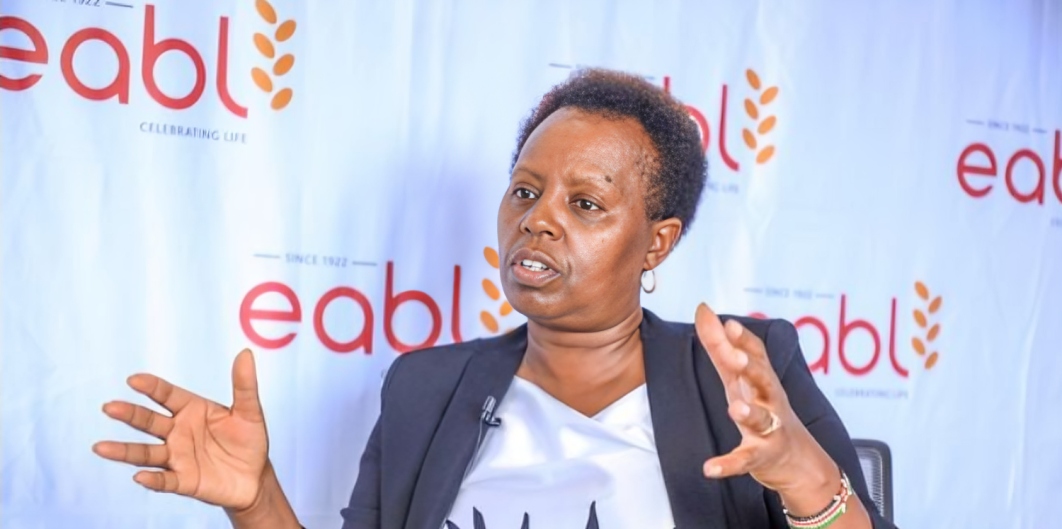

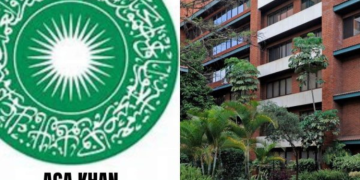



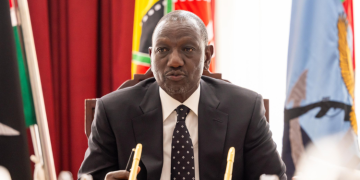






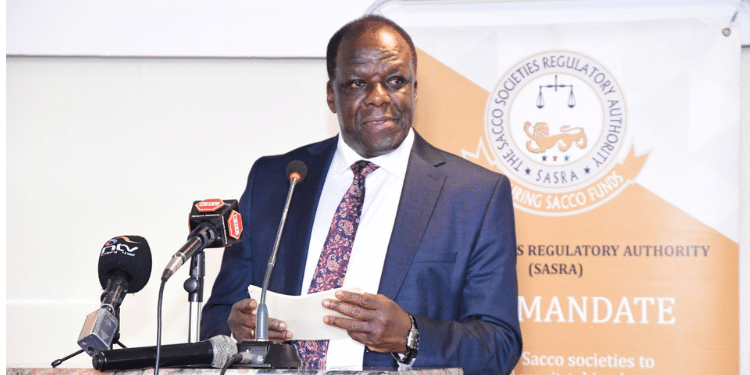




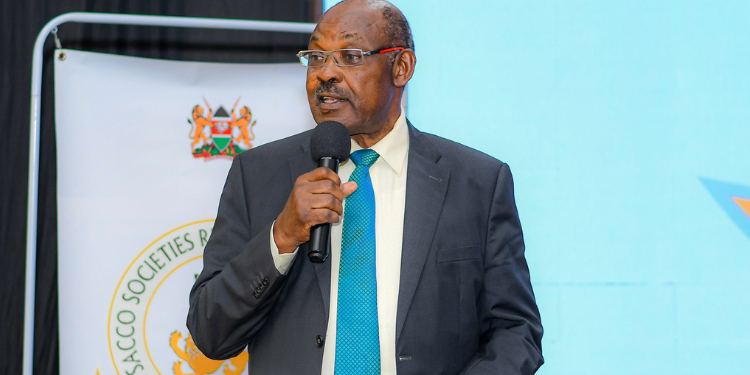































![Senator Allan Chesang And Chanelle Kittony Wed In A Colourful Ceremony [Photos] Trans Nzoia Senator Allan Chesang With Channelle Kittony/Oscar Sudi]( https://thekenyatimescdn-ese7d3e7ghdnbfa9.z01.azurefd.net/prodimages/uploads/2025/11/Trans-Nzoia-Senator-Allan-Chesang-with-Channelle-KittonyOscar-Sudi-360x180.png)

















